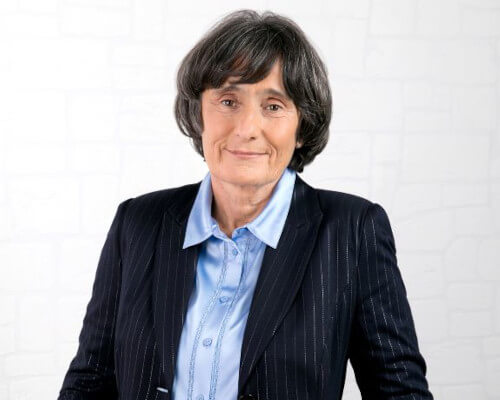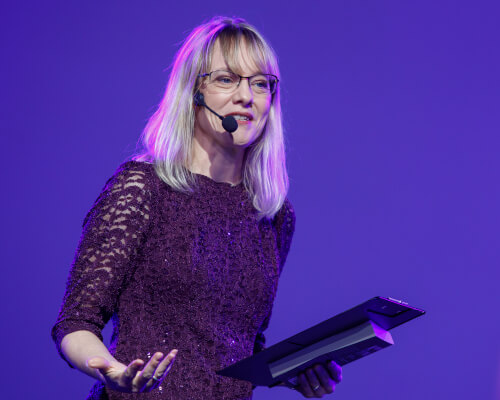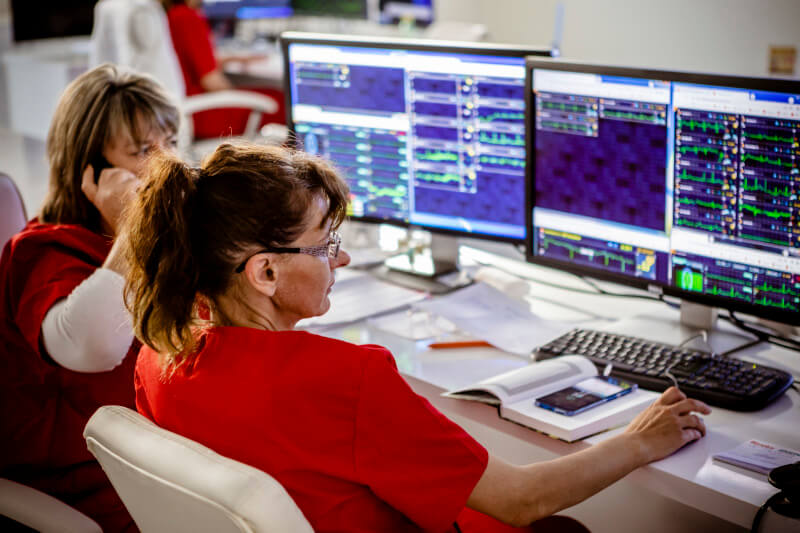
Hearts are tricky. When they disease, they carry on and don’t often show symptoms. When they do show symptoms, the sometimes on-and-off signs of illness complicate diagnosis and treatment. Unsurprisingly, heart disease is the top cause of death globally. Worse still, heart-related mortality in Bulgaria is twice as high as the global average, according to the Institute of Health Metrics and Evaluation, a global health research center.
A Bulgarian company is working to improve those outcomes. Their solution—a simple wearable device and 24-hour connectivity—might just be the answer the world needs.
They are Checkpoint Cardio and have been in the business of saving lives since 2014.
Over the past decade, their innovative medical solution, featuring a wearable monitor and AI-aided round-the-clock observation, has averted hundreds of preventable deaths and thwarted disease progression in thousands of patients on four continents. Better still, costs to patients and hospitals have been moderate, with likely savings for healthcare systems as Checkpoint Cardio automatically detects patients at risk, shortens hospital stays, and enables doctors to continuously improve in-hospital and outpatient treatment.
In recognition of Checkpoint Cardio’s considerable potential, in early 2023, the European Innovation Council, the European Union’s venture capital fund for strategic deep-tech innovations, awarded the company 11 million euros (12 million US dollars) in funding to scale up production. The Council’s mission is “to identify, develop and scale up breakthrough technologies and game changing innovations.”
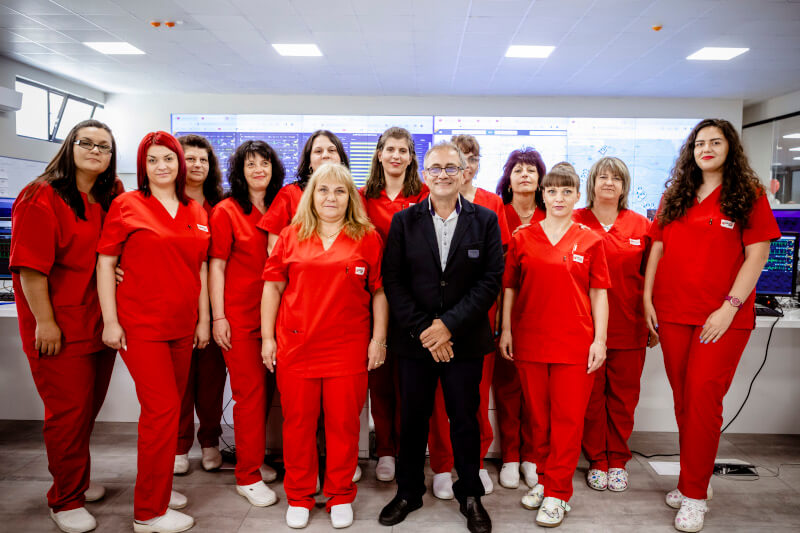
That Checkpoint Cardio’s solution is a potential game-changer in cardiac health has been clear for a while.
Heart disease runs in the family of company founder Boicho Boichev, MD, prompting both a 23-year career in cardiovascular intensive care and his work to incorporate smart technologies into heart disease management. “Physicians have no way of quickly assessing all the potential reasons for the deterioration of a patient’s condition,” Dr. Boichev says, adding that data-aided technology is a perfect candidate for the task.
This is how his vision for a smart wearable device that livestreams information about a patient’s condition was born. A backend algorithm analyzes patients’ information, identifies patterns, and alerts observing medical professionals to worrisome trends.
Dr. Boichev’s bold idea became a reality thanks to his partnership with longtime collaborators and Checkpoint Cardio co-founders Boris Dimitrov, who is charge of business development, and Ventseslav Kolev, the tech guru behind Checkpoint Cardio’s continuously improving algorithms.
“Our motivation is that we can support patients in their natural environment,” Dr. Boichev says, pointing out that Checkpoint Cardio devices are suitable for both home and hospital use and currently outperform all office and hospital examination alternatives, including Holter and ICU monitors.
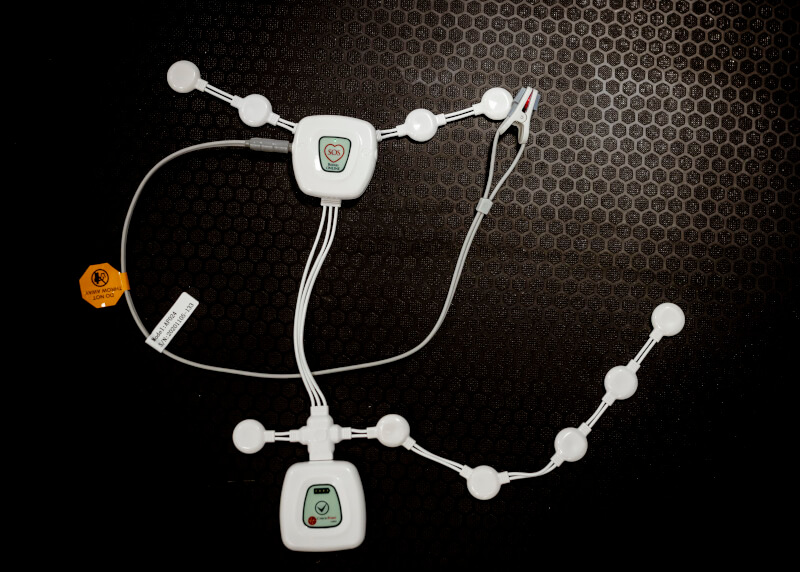
Ten years of trial and error and testing in collaboration with leading EU university hospitals have ensured that Checkpoint Cardio is the most advanced, widespread, and affordable telemedicine solution on the EU market today. The company’s devices are easy to put on and take off and monitor more vital parameters than comparable devices, transmitting them in real time to the 24-hour Checkpoint Cardio virtual ward. There, complex algorithms and a team of medical professionals ensure patients’ conditions are managed in a timely manner 24/7.
More than 70,000 patients have benefitted from Checkpoint Cardio’s services to date.
Checkpoint Cardio received a national prize for the most innovative company in Bulgaria in 2017 and has earned its founders numerous distinctions over the years. In 2018, its health monitoring system was ranked among the seven most promising business ventures out of 12,000 companies at the Next Web exhibition in Amsterdam. In the same year, the European Institute of Innovation & Technology called Checkpoint Cardio “one of the most avant-garde telemedicine systems for the transmission and monitoring of reliable medical data in real time,” while in 2021 the European Commission’s Nightingale pre-commercial procurement project identified it as the best-performing and cheapest distant monitoring solution on the market.
Physicians around Europe attest to Checkpoint Cardio’s benefits in cardiac care as well as in the management of other conditions.
“Rare heart rhythm disturbances are easily found when patients are carrying the device for a longer period of time, so some of them got diagnosed and [were] given proper therapy much faster,” says Dr. Jelena Lesanovic from the Dedinje Cardiovascular Institute in Belgrade, Serbia.
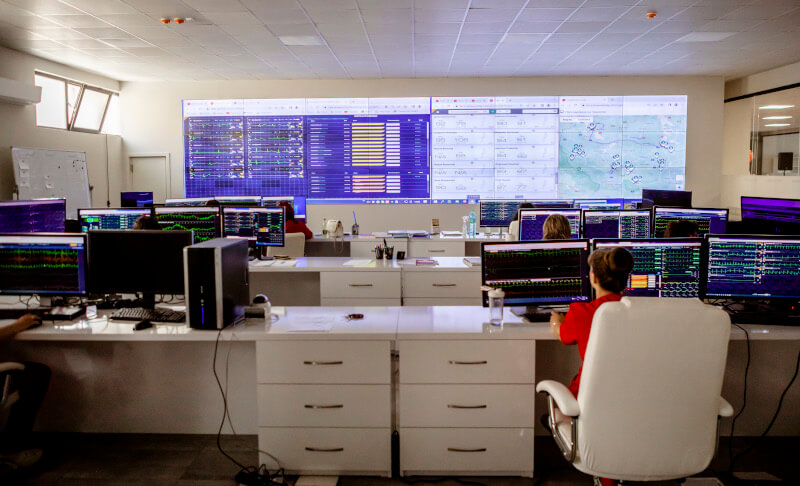
Dr. Snezana Jovevska, of City General Hospital in Skopje, Macedonia, points out that the “tracking of more parameters… shortens the time for diagnosis significantly. It is very important to me personally that I can follow oxygen saturation as well.”
Measuring blood oxygen levels became particularly important during the COVID-19 pandemic, and Checkpoint Cardio’s superiority in monitoring patients’ overall condition, including blood saturation changes, stood out. In 2020, Bulgaria’s Professional Association of Robotics, Automation and Innovation (PARA) praised the company’s product as one of several Bulgarian inventions showing promise in the fight against the virus.
Despite its stellar track record and the Bulgarian healthcare system’s lack of mechanisms for early detection of heart pathologies, the solution’s adoption in the country has been slow.
So, in 2022, Checkpoint Cardio teamed up with the America for Bulgaria Foundation to extend cutting-edge, quality care to 1,500 at-risk patients in the regions of Stara Zagora, Lovech, Smolyan, and Kardzhali. The project aims not only to help patients in underserved areas but also to highlight the efficacy of remote screening for cardiovascular conditions, ultimately proving that hypertension, cardiac ischemia, and rhythm disorders need not be fatal when diagnosed on time.
After a continuous 48-hour observation through the project, patients will receive a full medical assessment with recommendations for treatment or therapy adjustment depending on the results. In case of sudden deterioration in a patient’s condition, Checkpoint Cardio’s emergency response system is activated, alerting the medical emergency service closest to the patient.
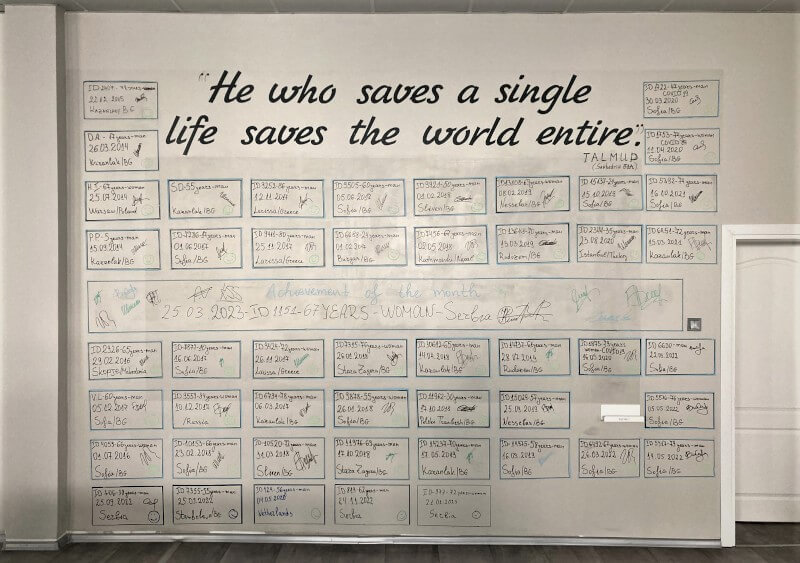
Every saved patient’s life is celebrated as a victory at Checkpoint Cardio headquarters and inscribed on a special wall in the company’s 24-hour medical center in Kazanlak, in central Bulgaria.
From there, Checkpoint Cardio currently serves patients in more than 50 locations across Europe. The Netherlands, Austria, and countries in the Western Balkans are leading users of the company’s remote monitoring solution.
Checkpoint Cardio’s founders pride themselves on their solution’s broad reach and hope that, someday, their work will make more of an impact at home as well—and that their Wall of the Saved will feature even more local victories, from every corner of Bulgaria.
